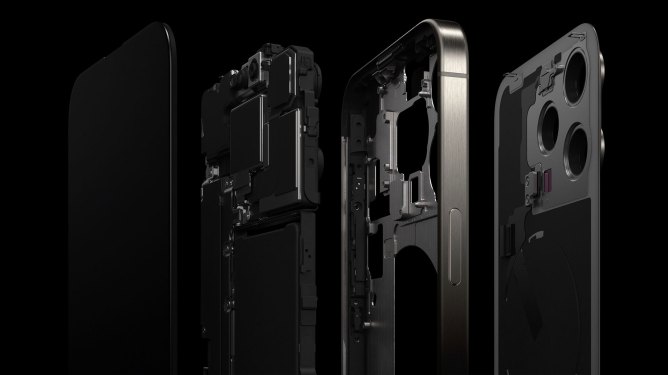Introduction
The state of Oregon is on the cusp of passing right-to-repair legislation, which has garnered support from various stakeholders, including Google. This bill, Senate Bill 1596, aims to provide consumers with greater access to repair and maintenance information for their electronic devices. However, Apple, a prominent tech giant, has expressed concerns regarding certain provisions in the proposed legislation.
The California Connection
The Oregon bill was inspired by California’s SB 244, which Governor Gavin Newsom signed into law in October. Apple openly supported this bill, marking a rare endorsement from the company. Cupertino, however, is less enthusiastic about the Oregon legislation due to the inclusion of certain provisions not present in the California law.
Apple’s Stance on Parts Pairing
Apple’s primary concern with Senate Bill 1596 revolves around "parts pairing," a policy that requires the use of first-party components during repairs. Both iFixit and PIRG (Public Interest Research Group) have criticized this practice, deeming it an obstacle to right-to-repair. Apple, on the other hand, has defended parts pairing, citing security concerns.
Why Parts Pairing is Crucial
In a testimony to state lawmakers, John Perry, Apple’s senior manager for Secure System Design, highlighted the importance of parts pairing:
"It is our belief that the bill’s current language around parts pairing will undermine the security, safety, and privacy of Oregonians by forcing device manufacturers to allow the use of parts of unknown origin in consumer devices."
Perry emphasized that parts pairing ensures device security, prevents unauthorized access to personal data, and maintains optimal performance.
The Biometric Sensor Concern
Apple’s specific concern regarding biometric sensors, including fingerprint readers and Face ID cameras, could potentially lead to unauthorized access to an individual’s personal data. Perry noted:
"Under SB 1596’s current parts pairing wording, Apple could be required to allow third-party biometric sensors to work in our devices without any form of authentication."
This concern could also apply to the "substitute selfie cameras" mentioned in a recent New York Times article.
Senator Sollman’s Perspective
Senator Sollman refers to parts pairing as "anti-consumer." She emphasizes that her goal is to create a policy that benefits consumers, not just one particular company:
"I’m not trying to stick it to [Apple] or anything. I’m trying to make this consumer-friendly and so that we can have a policy that will work."
Senator Sollman acknowledges that Google has already supported the bill, and she believes others will soon follow.
Conclusion
The passage of Senate Bill 1596 in Oregon would mark an important step forward for right-to-repair legislation. However, Apple’s concerns regarding parts pairing must be carefully considered to ensure that consumer rights are not compromised. As Senator Sollman noted, the goal is to create a policy that benefits consumers and promotes device security.
Related Topics
Subscribe to TechCrunch’s Newsletters
Get the latest news and updates on the tech industry delivered right to your inbox.
- TechCrunch Daily News: Get the best of TechCrunch’s coverage every weekday and Sunday.
- TechCrunch AI: Stay up-to-date on the latest developments in artificial intelligence.
- Startups Weekly: Follow the core of TechCrunch, covering the latest startup news.




